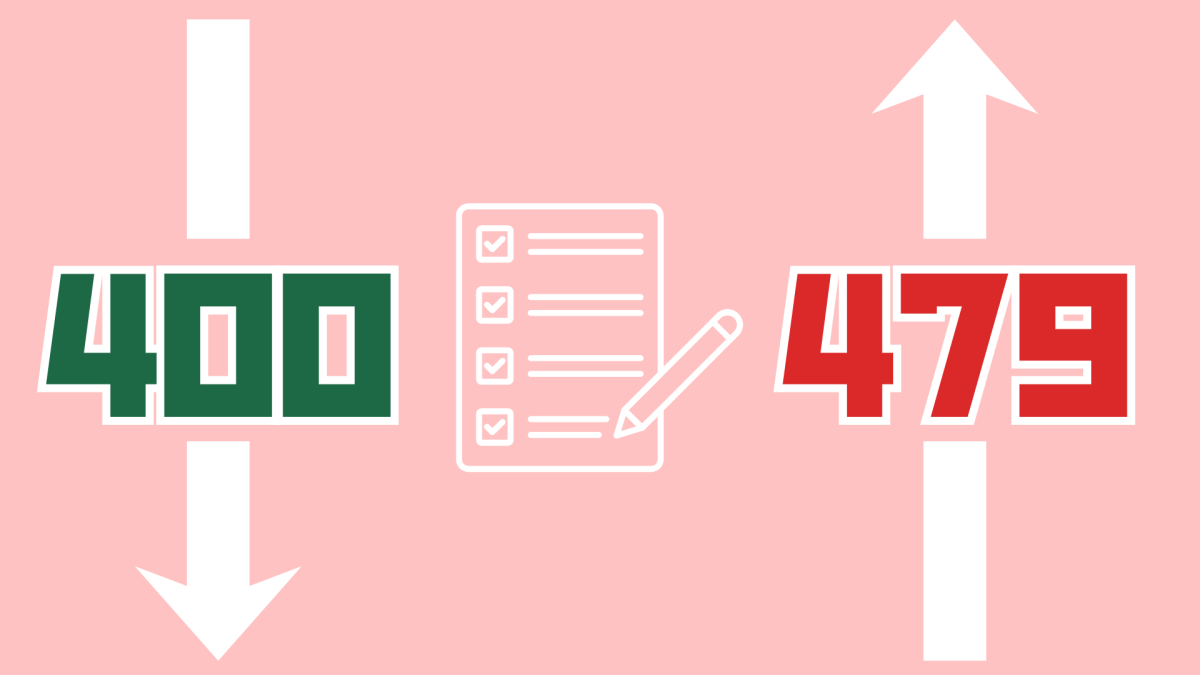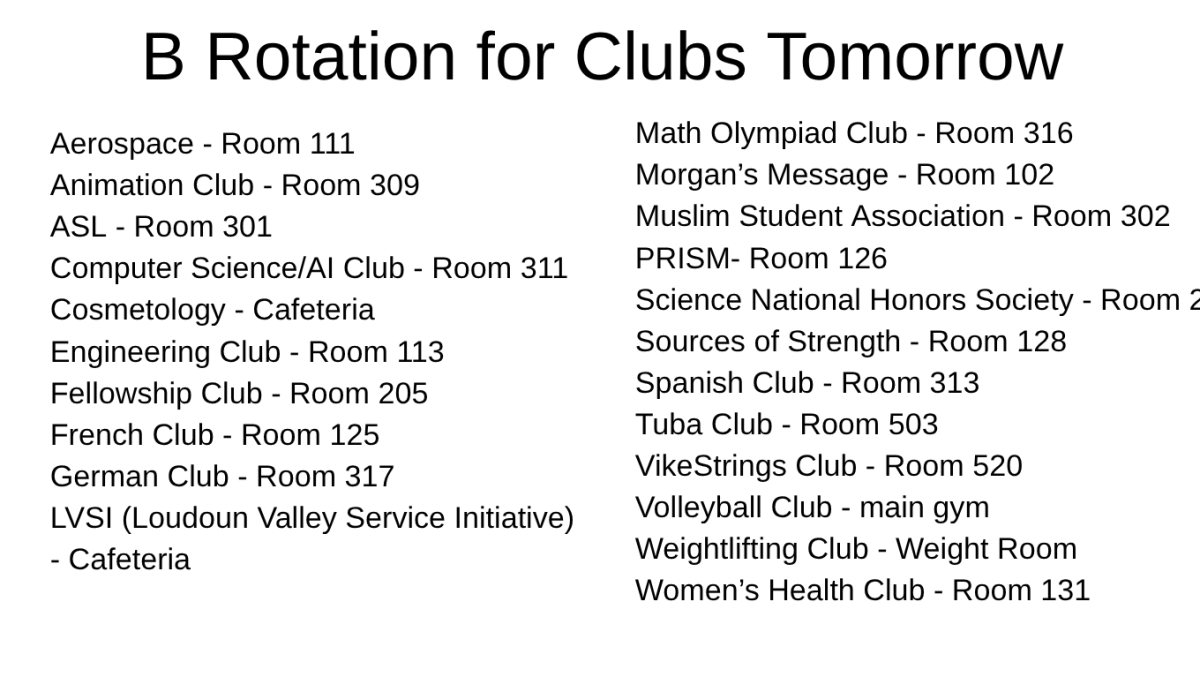Last month, the Virginia Board of Education unanimously voted to raise SOL cut scores across all tests and all grades. The goal is to make sure that proficiency standards at the state level align with those at the national level. It is also to make sure that mastery is appropriately assessed according to newly defined standards already adopted by the state.
For high school students, this will mostly affect them in the EOC Reading SOL, more commonly known as the 11th grade Reading SOL. This year’s passing score will be raised from 400 to 420 to begin a four-year phase-in implementation plan. By the 2028-2029 school year, it will be up to 479. The advanced pass score will go from 500 to 543.
“While many other content areas have gotten rid of the typical SOL format, such as Social Sciences, it seems like English is emphasizing SOLs more,” 11th grade English teacher Taylor Saale said.
Saale doesn’t like the test.
“It is an outdated, inequitable, unrealistic and unfair approach to assessing student learning and mastery,” Saale said.
In addition to some disliking the increase itself, there is disagreement relating to the specific final passing score of 479.
“I have never, ever gotten an SOL score above a 410 or 420, so it actually scares me a lot,” junior Abby Disinger said.
For other students, the score seems more feasible and appropriate for the state to adopt.
“I’m good with this one,” freshman Sophia Bhalla said. “I got a 600 last year on my reading. I think it’s good. It’s not that much higher—only a few questions.”
From a teacher’s perspective, Saale doesn’t think the new passing score of 479 properly aligns with in-class standards, creating an inequality between the classroom and test.
“I understand wanting to raise the standard from a 400—equivalent to a 67%— however, a student would technically pass a class if they earned a 67%,” Saale said. “It is disheartening that it is technically sufficient to receive a 67% in a class, but receiving the same score on an end of course assessment is not enough.”
For many students, especially juniors, this score increase will amplify their stress during standardized testing season.
“I think that raising the SOL passing score will invoke more people to be stressed out,” Disinger said. “And I think that in some classes they don’t prepare us enough for the SOL. And just by raising it, it could inflict stress on a lot of students in the school.”
However, for others, their opinion aligns more closely with that of the state that this change will benefit Virginia students.
“I think that people don’t do well on the SOL on purpose,” Bhalla said. “Like, I’ve experienced from middle school that people will do it just so they can retake it. And I know it’s important junior year that you need to pass it. But I think that raising the standard will encourage people to try harder to pass.”
Although some feel more comfortable, students and teachers alike worry about the ability for Valley juniors to pass their graduation-required Reading SOL.
“I’ve never been a good test taker at all, especially with reading and writing, since I’m dyslexic,” Disinger said. “I feel like it will be a lot harder in the future for me, especially seeing the PSAT early, seeing how you have to memorize a lot of roots and words. And it’s just really important that you know the basic understandings of commas, and any grammatical thing that we’ve learned in class, which doesn’t get a lot of review in schooling.”
In addition to disliking the SOL score increase, some altogether disagree with the institution of standardized testing.
“The students I work with have strengths in so many areas, and they are intelligent in ways I wish I could be,” Saale said. “I emphasize to my students all the time that their intelligence cannot be measured on a poorly created, inequitable assessment like the SOL.”
Saale also stresses how every student taking the SOL receives a different set of questions.
“The standardized tests, despite their name, are not always all that standardized,” Saale said. “For example, the Writing SOL essay portion prompts students with a variety of questions, ranging from topics that use lengthy quotes from historical figures students are unfamiliar with to broad, general and much more relevant questions that many students have lived experiences to support their argument with.”
Disinger shares Saale’s sentiment about the inequity of standardized tests like the SOL.
“Some people have an advantage with test taking, and some people don’t,” Disinger said. “And I feel like having writing portions, and having the test portions can advantage different people in different ways. But everyone’s going to be different. Everyone has a different way of thinking.”
The score increase means a new undertaking for the Valley English Department, which Saale notes as meaning extra work for English teachers.
“The state claims one reason they are increasing scores and updating the standards is for student readiness for college and careers,” Saale said.”It is hard to do this when you are also having to teach and/or review certain SOL skills in isolation before you can implement them into meaningful and relevant lessons. Finding the balance is hard.”








